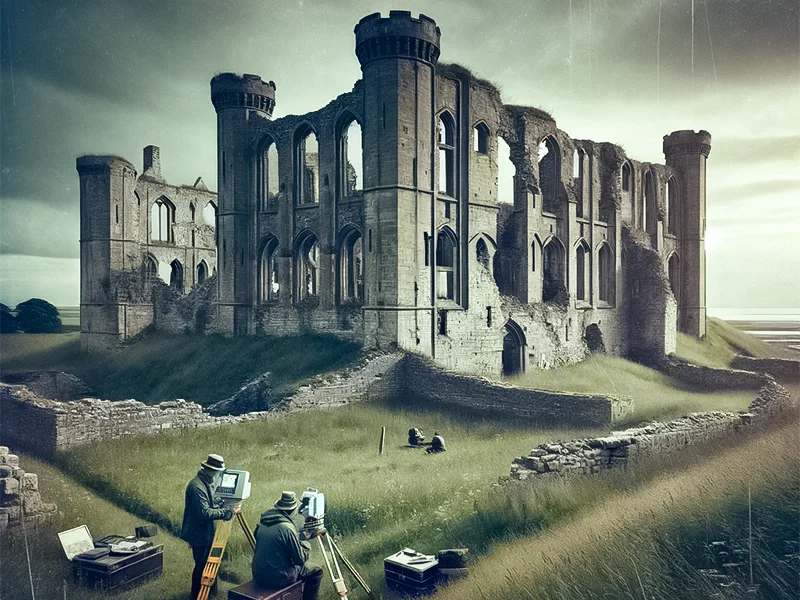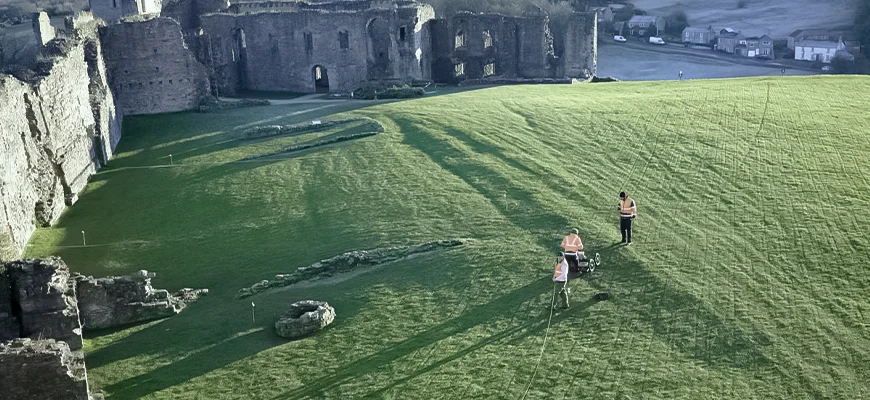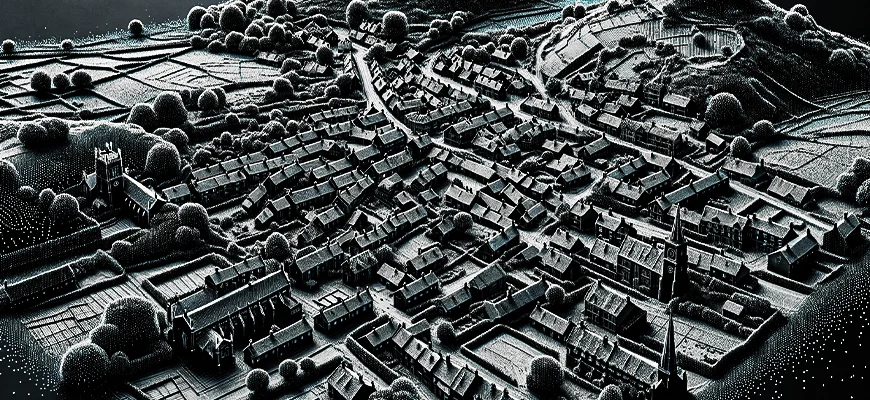

Do you ever look at ancient structures and try to imagine the life that used to be there? Or do you feel curious to know the stories that lie hidden within the historical monuments? We are sure that some of you must have also wondered if the legacy of our ancestors can be preserved somehow. If that’s correct, then know that you have come to the right place. Our today’s blog focuses on understanding what a heritage survey is and why it’s important. So, let’s dive right into it without further ado.
What is Heritage Surveying?
In easy-to-understand words, heritage surveying is a systematic process of examining and documenting historical sites, structures and artifacts. Heritage surveying happens to cover a variety of disciplines such as archaeology, architecture and geographic information systems (GIS). In addition to that heritage surveying also encompasses the conservation of such historical sites and artifacts. Heritage surveys not only provide insightful information on the historical significance of sites but also ensure their protection & conservation.
Why is Heritage Surveying Important?
The data collected through a heritage survey allows the younger generations to connect with their ancestors by having access to human history. Furthermore, researchers can also access the data to learn several things about lifestyles and belief systems.
In addition to that, the technological advancements of past civilizations can also be examined and documented. As we have already mentioned before; heritage surveys are crucial for heritage management and conservation. Along with that, these historic building surveys facilitate stakeholders in informed decision-making to preserve cultural heritage.
1. The Need for Preserving Cultural Heritage
But that doesn’t mean that the intricate artifacts or architectural gems are safe from urban development or natural disasters. No, they are not. In every country, cultural heritage is almost always vulnerable to several types of threats which can include disputes among two parties. Or even between governments and the common people of the country for that matter. If conflicts are not identified promptly, generations can witness the loss of their precious cultural heritage.
2. Heritage Surveys Promote Sustainable Development

In addition to preserving cultural heritage and enabling concerned individuals to make better choices, heritage surveys also promote sustainable development. Continue reading the blog to know how that happens!
After heritage surveying is done, stakeholders can understand the sites better. This not only promotes keeping the monuments, etc., safe from urban sprawl but also fosters socio-economic growth. No one can deny that cultural sites also serve as tourist spots. That means more and more tourists from around the world would be interested in visiting a site that has a significant history. When that happens, the local economies of the countries will be boosted – ultimately benefiting the communities at large.
The concerned authorities must utilize the datasets provided by heritage surveyors to preserve and promote cultural heritage. As a result, everyone will benefit because the economy will be stimulated. The employability rate will increase, and lifestyles will improve. All of that is possible when governments and local bodies work together to invest in heritage surveying while also protecting the cultural heritage.
In this part of the blog, we would like to discuss how heritage surveys are conducted. We are sure that once you’re done reading the blog, you’ll have learned quite a lot of things. So, keep reading!
How is a Heritage Survey Performed?
| Traditional Methods | Advanced Methods |
|---|---|
| Terrestrial Laser Scanning | Dendrochronology |
| Photogrammetry | Ground-penetrating Radar |
| Geographic Information Systems (GIS) | LiDAR (Light Detection and Ranging) |
The above-mentioned methods and techniques are employed to dig deeper into the archaeological features to get access to data that are not visible to the naked eye.
Know that by utilizing modern surveying methods, the researchers get access to highly detailed data. This data is, later on, incorporated into creating accurate digital models for monitoring and identifying threats, and challenges. When stakeholders have access to intricate details, they are in a better position to plan many things. Such as; urban planning & development, infrastructure improvement and preservation of the assets.
It’s important to mention that fieldwork is also required to conduct these kinds of surveys which are efficiently done by heritage building surveyors. Also, with technological advancements, a heritage surveyor can utilize drones to perform surveys. So, it’s like a combination of various methods and tools that help surveyors access sites and document the collected data.
Let’s explore the role of technology in improving the efficiency of heritage surveys!
Heritage Surveys and The Role of Technology

In addition, modern techniques also allow the creation of visual replicas of sites for rapid data acquisition. So, there is no chance of losing access to important data. The moment the stakeholders get access to the datasets they require, they start monitoring and analysing it for their personal and commercial projects.
Challenges in Heritage Surveying
Budget constraints can majorly impact heritage surveys. In addition to that, resource allocation can also be a huge challenge in conducting heritage surveys. We would also like to mention that environmental degradation and rapid urbanization can also impact the efficiency of heritage surveys. Concerned authorities must take immediate measures to ensure the conservation and preservation of cultural heritage.
Although heritage surveyors have access to easily accessible areas, there are certain limitations attached to performing surveys. For example; the surveyors would require airspace permits especially if the surveys are to be conducted in restricted areas. This challenge is accompanied by logistical issues as well. And we must mention that in harsh weather conditions, the security of the surveyors might also be at risk.
That’s How We Roll at Survey2Plan:
1. UK-based Heritage Consultants
2. Cutting Edge Technology
3. Dedicated Account Manager
4. Up to 10 Revisions
5. Honesty & Transparency
Honesty and transparency are at the core of Survey2Plan. This means that the quoted price is the same price you will pay. And we are sure that you won’t regret getting your surveys conducted through us.
Still not convinced? Feel free to reach out to us for a detailed heritage survey consultation.
Previous Post
← Best Drone for Roof Inspections